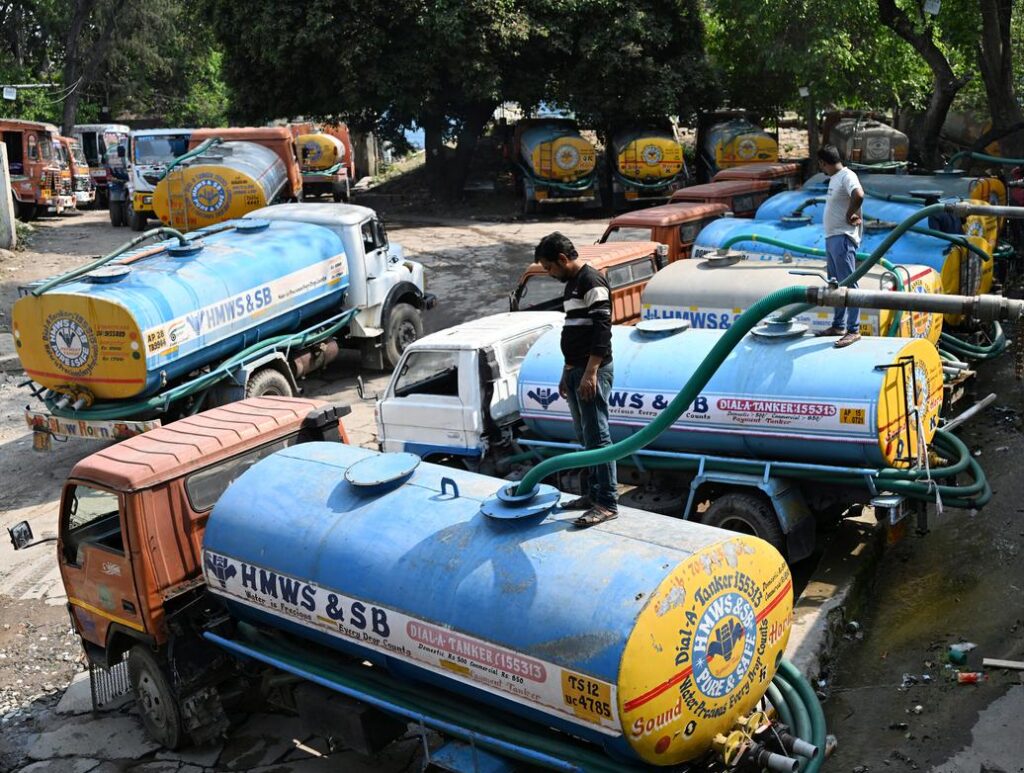
The growing demand for water in urban areas has led to a significant dependency on water tankers, particularly in cities where municipal supplies fall short. While tankers offer a quick fix during shortages, they are neither sustainable nor economical in the long term. Water storage solutions present an effective way to break this cycle, offering a reliable and environmentally friendly alternative to tanker reliance.
Understanding the Challenges of Water Tanker Dependency
Water tankers are often used to bridge the gap between supply and demand, especially during peak summer months or in water-scarce regions. However, this reliance comes with several drawbacks:
Cost: Regular use of tankers can be expensive for households, businesses, and industries.
Environmental Impact: The transportation of water by tankers contributes to carbon emissions due to fuel consumption.
Unpredictable Supply: Tankers may not always deliver water on time, leaving residents vulnerable during critical shortages.
Water Quality Concerns: The water provided by tankers often lacks proper quality checks, posing health risks.
The Role of Water Storage in Reducing Dependency on Water Tankers
Mitigating Urban Water Shortages
Water tankers are often a stopgap measure to address acute water shortages in cities. These shortages are typically caused by inadequate municipal supply or seasonal droughts. By adopting water storage systems like rooftop rainwater harvesting tanks, underground reservoirs, and community storage solutions, cities can store water during times of surplus and utilize it during shortages. This ensures a steady supply without the need for tanker services.
Promoting Rainwater Harvesting
Rainwater harvesting is a simple yet effective method for addressing urban water needs. Stored rainwater can be used for non-potable purposes such as cleaning, gardening, and flushing, reducing the demand for tanker-supplied water. Cities like Chennai and Bengaluru, which have mandated rainwater harvesting in buildings, are already witnessing the benefits of reduced tanker dependency.
Enhancing Groundwater Recharge
Water storage systems, particularly those integrated with groundwater recharge structures, play a dual role. While storing water for immediate use, they also help replenish groundwater levels. When urban communities rely on stored water and groundwater reserves, the need for external water sources, such as tankers, diminishes significantly.
Reducing Costs and Environmental Impact
Water tankers not only strain household budgets but also contribute to environmental degradation through fuel consumption and emissions. Water storage systems, once installed, offer a cost-effective and sustainable alternative. They eliminate the recurring expenses associated with tanker services and reduce the carbon footprint of water transport.
Supporting Sustainable Urban Development
Incorporating water storage into urban planning can make cities more self-sufficient in managing their water resources. Builders and policymakers can encourage the use of storage solutions in residential and commercial buildings, ensuring that new developments are equipped to handle water scarcity. These measures contribute to creating resilient urban ecosystems that rely less on external water sources.
Conclusion
Water storage systems are a vital component of sustainable urban water management. By reducing reliance on water tankers, they offer a cost-effective, environmentally friendly, and reliable solution to urban water challenges. Encouraging widespread adoption of water storage technologies can empower cities to become more resilient, self-reliant, and better prepared to face future water crises.


